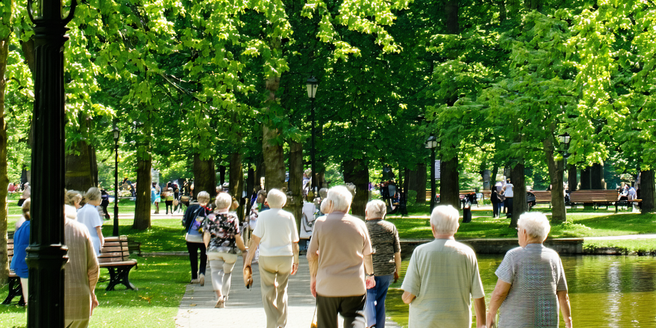Understanding Social Security Options
Social Security is a crucial aspect of retirement planning for seniors. It includes various options tailored to individual needs, such as retirement benefits, survivor benefits, and disability benefits. Understanding these options allows seniors to optimize their financial stability post-retirement. Retirement benefits are calculated based on the individual’s earnings history and age at which they choose to begin receiving benefits, with full retirement age ranging between 66 and 67 for most individuals. Survivor benefits offer financial support to family members of deceased workers, while disability benefits support those who are unable to work due to medical conditions. Being informed about these options and consulting with Social Security representatives can significantly impact seniors’ financial health.
Medicare and Healthcare Benefits Explained
Medicare provides essential healthcare coverage for individuals aged 65 and older, as well as certain younger disabled individuals. It comprises different parts to cover specific services: Part A for hospital insurance, Part B for medical insurance, Part C, also known as Medicare Advantage, offering additional benefits, and Part D for prescription drug coverage. Understanding these components helps seniors choose the most suitable plan based on their healthcare needs and financial situation. Eligibility usually begins three months before the 65th birthday, and enrollment may lead to penalties if not done timely. Regularly reviewing Medicare plans and staying informed about policy changes can help seniors maximize their medical benefits and manage healthcare costs effectively.
Essential Tax Breaks for Seniors
Tax breaks play a significant role in managing seniors’ income effectively. Various tax credits and deductions are specifically available to benefit senior citizens. One of the most substantial benefits is the increased standard deduction for those aged 65 and older. Seniors may also qualify for the Credit for the Elderly or Disabled if they meet specific income criteria. Retirement account contributions can often continue being deducted or taxed-deferrable, offering additional savings. Medical expenses exceeding a percentage of income can be itemized as deductions, potentially reducing taxable income. Staying updated on tax law changes and consulting tax professionals ensures seniors can utilize available benefits to ease their financial burden during retirement.
Housing Assistance Programs for the Elderly
Elderly housing assistance programs are designed to help seniors find affordable, safe, and suitable housing options. Various government and non-profit initiatives provide support through rental assistance, home modifications, and supportive housing services. The Department of Housing and Urban Development (HUD) offers programs like Section 202, specifically for low-income seniors, granting affordable housing options. Home modification resources can aid in making living spaces more accessible, enabling seniors to age in place comfortably. Other support includes assistance with utilities and home repairs. Understanding these resources and applying for eligible programs can significantly impact seniors’ quality of life and financial stability.
Transportation Solutions for Senior Citizens
Access to reliable transportation is crucial for seniors to maintain independence and engage with their communities. Various programs offer transportation solutions tailored to the needs of senior citizens, including paratransit services, senior shuttles, and discounted public transportation passes. Paratransit provides door-to-door services for those with mobility challenges, ensuring easier access to medical appointments and social activities. Many communities also offer senior-specific transportation services, enhancing convenience and safety. Understanding these options and eligibility criteria allows seniors to select the best fit for their lifestyle. Staying informed about available services ensures seniors remain active and engaged, reducing isolation and improving overall well-being.
Recreational Activities and Community Involvement
Engaging in recreational activities and community involvement offers numerous benefits for seniors, including enhanced mental health, physical fitness, and social connections. Many communities host senior centers and clubs offering diverse activities like fitness classes, art workshops, and group excursions, tailored to promote active aging. Volunteering also provides opportunities to contribute skills, fostering a sense of purpose and belonging. Participating in local community festivals or events can broaden social networks and reduce isolation. Knowing and accessing available programs allow seniors to maintain an enriched lifestyle, improving overall quality of life. Staying socially and physically active is vital to healthy aging, empowering seniors to thrive in their communities.



